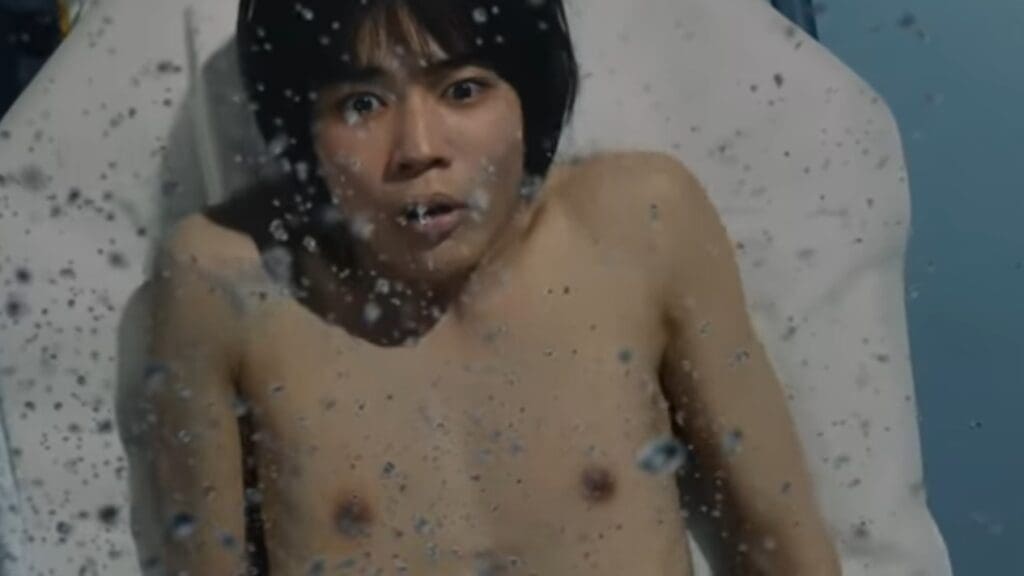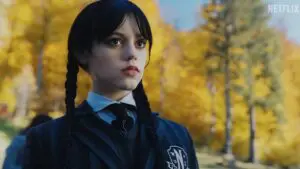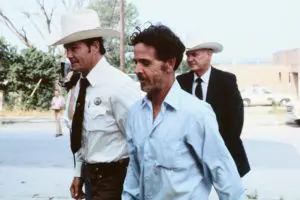Summary
A reflective young adult film that is frustratingly inert with the source material’s deeper themes.
This review of Amazon original film Homestay (2022) does not contain spoilers.
Homestay is an adaptation of Eto Mori’s Colorful. This is the second time someone has made a movie out of his quietly practical work in four years. This version was made in Mori’s native Japan (where the book has sold millions of copies) and is adapted from a production of the same name shot in Thailand that came out in 2018. Written and directed by Natsuki Seta (Vampire Heaven), the latest incarnation is reflective yet frustratingly inert when engaging in the weighty themes it attempts to present. Homestay is a young adult fare that is too heavily invested in that lens.
The story is about a lost soul named Blank who suddenly finds a home when Makoto dies. This is called a homestay, where a soul is rebirthed and given a second chance at life. The teenage boy (played by Kento Nagao) is awakened in the morgue right before being examined. Suddenly, the entire room pauses, except a nurse who is now controlled by a guardian angel talking to him. Blank has been given a reprieve. He is handed an hourglass with purple sand and given 100 days and three guesses to figure out what happened to the young man. If he can, he gets to keep the flesh suit. If not, both souls will disappear.
Much of the screenplay is designed to question what happened to Makoto, but it is reasonably apparent. When he gets out of the hospital, his mother (Hikari Ishida) tells him he had a cold that turned into pneumonia. His brother (Ayumu Mochizuki) won’t make eye contact with him. Meanwhile, his father (Kuranosuke Sasaki) tiptoes around him like he is ashamed of something and continues to ask questions. Various subplots feel out of place.
Like Makoto’s talking a fellow student out of suicide seems to be forced in a way to only offer his character some redemption. Yet, strangely, it adds nothing to the story than some vapid manipulation by refusing to get to the heart of the matter. Are we now to assume everything is fine, while the script doesn’t touch upon mental health aspects like depression, anxiety, and the family issues that may come with the striking revelation?
The film, though, does work when it shouldn’t. The third act revelation you can see coming a mile away, mainly since it’s the only way the film and source material can work. However, the disclosure is surprisingly well done and effective, if not a bit heavy-handed and deliberately delivered. Considering the film’s target audience, the melodramatic ending should be heartwarming for older teenagers because it conveys a serious subject that was sorely needed.
Homestay has the makings of a compelling young adult film and mystery for cinephiles, but considering the subject matter, refuses to look deeper and bungles delicate themes to give the movie a greater resonance to understand Makoto’s dilemma. Reflective? Yes. Contemplative? Yes. But those themes never go beneath the surface, leaving a film that is blatant without depth. Mori’s book, considered a classic in Japan, deserves better.
What did you think of the Amazon original film Homestay (2022)? Comment below!



